Bluesky: @decolonialitynow.bsky.social
X: DeColoniality Now @DeColonialityN
Youtube: DeColoniality Now @DeColonialityNow-ufr
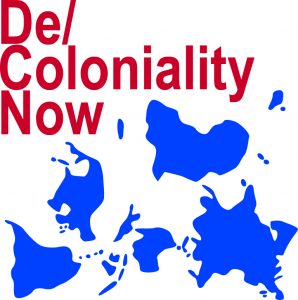
This multidisciplinary initiative seeks to understand the impact of coloniality on today’s world and the ways in which people and institutions in all regions of the world, including our own, remember, perpetuate, and contest the legacy of colonialism with a focus on the present day (“now”). Colonialism translated administrative hierarchies into a racialised/ethnic division of labour between individuals and world regions. It is the persistence of this hierarchical logic that defines coloniality. Coloniality continues to shape global economic, political, cultural, and epistemic asymmetries today, while it coexists with decolonial counter-currents and resistances as well as with processes of hybridisation and creolisation.
The research agenda of De/Coloniality Now is characterised by two key components. 1) We aim to develop research practices that seek to overcome colonial hierarchies within the system of global knowledge-production. 2) We adopt a systematic global perspective that transcends conventional regional categories such as “the Global South” and includes the reflective examination of coloniality in European societies and institutions.
Through creating multilateral, transnational research contexts, through building innovative connections between the social sciences and the humanities, and through cooperating with non-academic partners, we take an inter- and transdisciplinary perspective on the complex and often conflicting dynamics of the contemporary world. We analyse how coloniality and decoloniality shape 1) remembrance and cultural memory, 2) asymmetries of knowledge production, 3) the extraction of material and cultural resources, 4) global mobilities, and 5) narratives and newly emerging patterns of colonialism.
In line with the contestation of global structural inequalities in the academic system, we aim to develop sustainable modes of polycentric knowledge production by building international teams and privileging novel research concepts that transcend established epistemologies and practices. In doing so, we are committed to addressing the challenges posed by a multilingual world, rather than creating a monolingual research environment. On this basis, we will develop innovative models of collaboration that overcome structures of inequality, initiate learning processes and consistently involve partners from all regions of the world. Moreover, the initiative aims to develop a strategy for global scholarship in the digital age that minimises barriers.
Disciplines
- Arabic Philosophy
- Archeology
- Catholic Theology
- Cultural Anthropology and European Ethnology
- English Linguistics
- English Literature
- Epistemology and Theory of Science
- Forest and Environmental Policy
- German Literature; Musicology
- Human Geography
- Islamic Studies
- Linguistics
- Political Science
- Romance Linguistics
- Romance Literature
- Science and Technology Studies
- Slavic Linguistics
- Slavic Literature
- Social and Cultural Anthropology
- Sociology
Steering Committee
- Manuela Boatcă, Sociology
- Tim Freytag, Human Geography
- Nadja Germann, Philosophy
- Annika Mattissek, Economic Geography
- Andreas Mehler, Political Science
- Johanna Pink, Islamic Studies
- Achim Rabus, Slavic Linguistics
- Frieder Vogelmann, Philosophy
Spokespersons
- Johanna Pink, Islamic Studies
- Manuela Boatcă, Sociology
- Andreas Mehler, Political Science
News
- De-colonizing Partnerships: Bericht zum SDG-Hochschultag Baden-Württemberg 2023
Early-career tandem research projects
Starting in October 2023, four young researchers from Freiburg are working with international colleagues to break new ground in tackling issues related to coloniality and decoloniality.
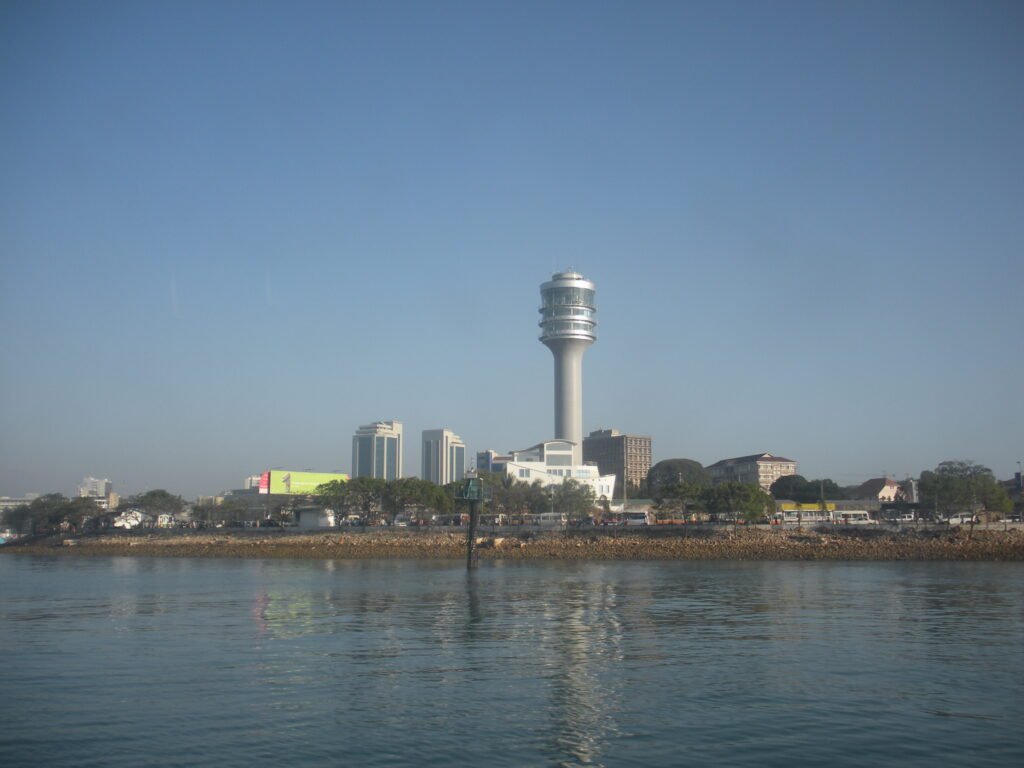
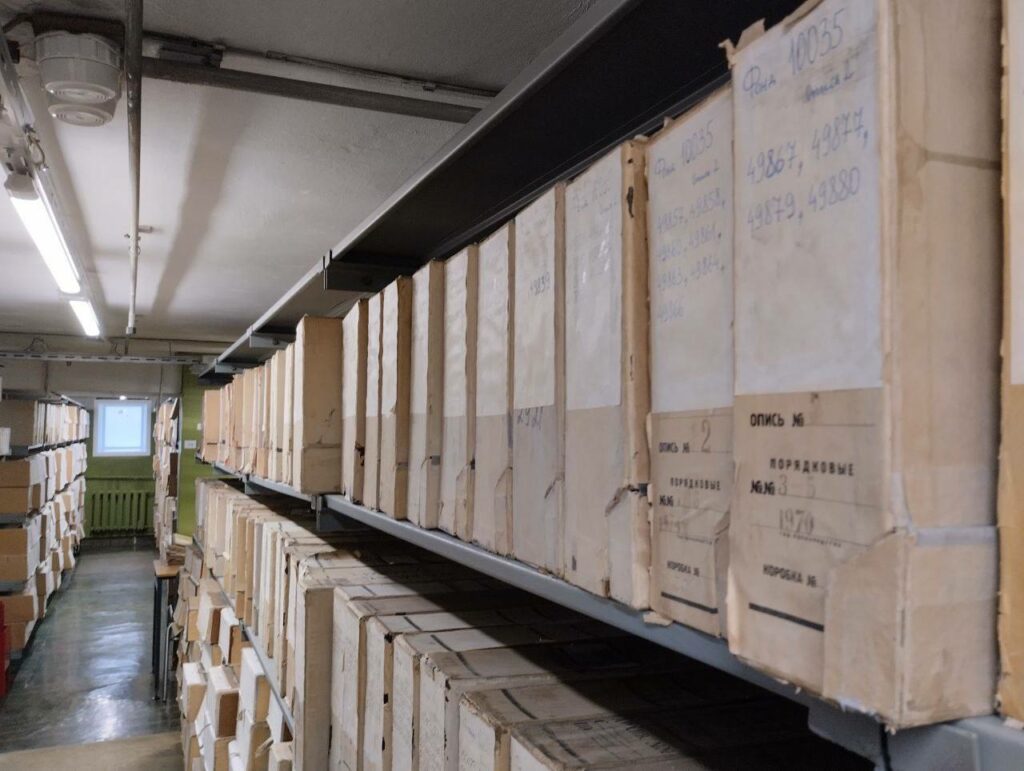
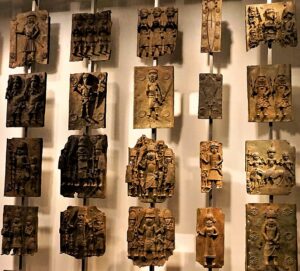
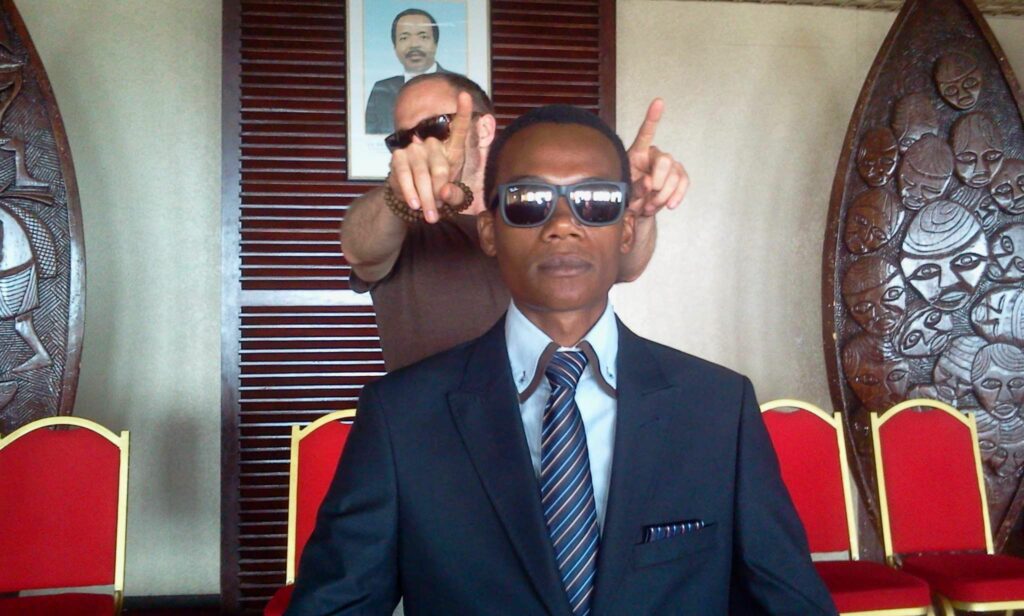
In this project, Aleksej Tikhonov (University of Freiburg) and Aren Vanyan (Memorial) explore the past and lasting impact of Soviet colonialism in the colonized countries and regions, shedding light on private and official views on the USSR and Russia as colonial powers and the Russian language as a tool of colonialization.
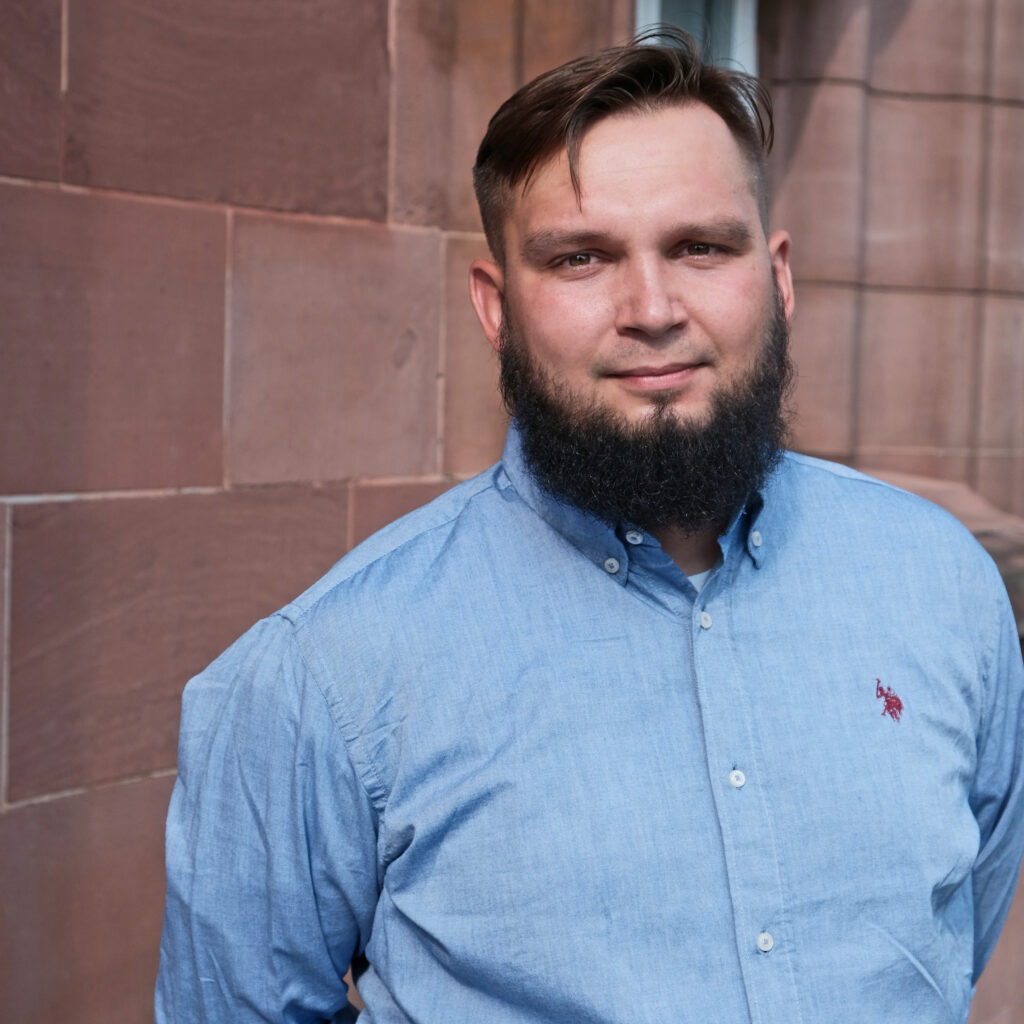
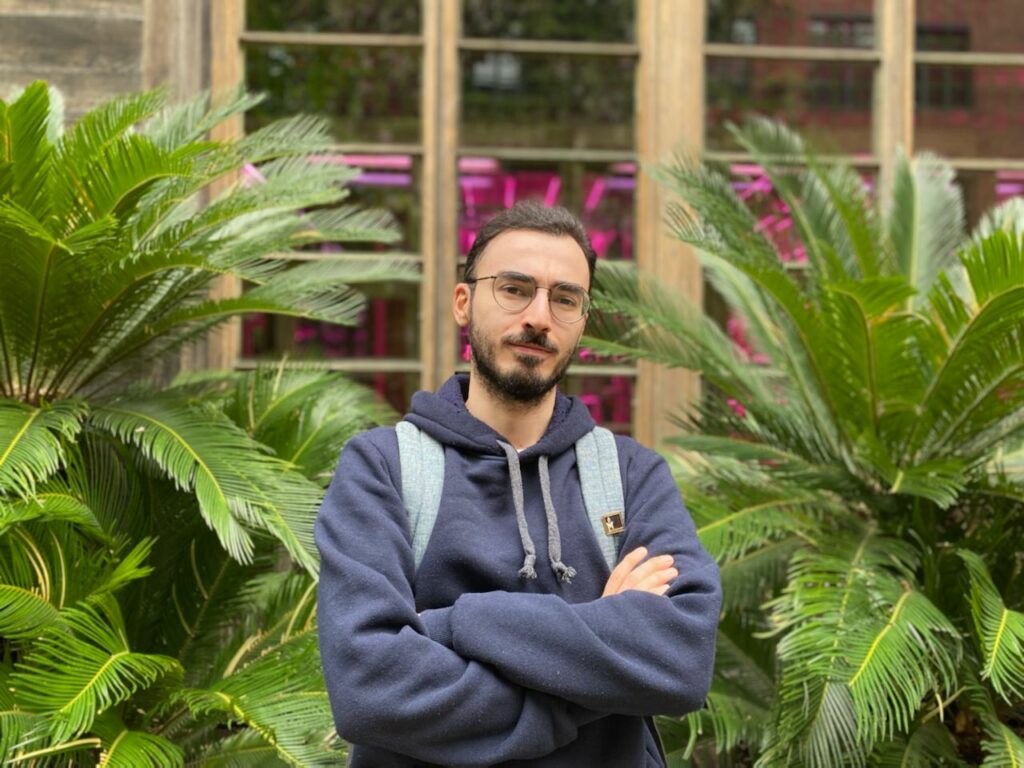
Tikhonov and Vanyan will delve into personal manuscripts and official documents from the Memorial Society. Using AI-based technologies and computer linguistics, they will analyze linguistic patterns and relationships within these texts. They will combine corpus linguistic methods with Close Reading for historical and linguistic insights. The project aims to make Memorial’s vast database more accessible to a wider audience, highlighting concepts of language, nation, and colonialism within Soviet history.

Tackling challenges such as the sheer volume of the corpus and a history of volunteer-based processing, the researchers strive to extract valuable information from handwritten documents, thereby also honoring the work of Noble Peace Prize winner Memorial.
The working languages are English, Ukrainian and Russian. The project is part of the De/Coloniality Now research foci “De/Colonial Remembrance,” “Cultural and material extractivism, resistance and restitution” and “Newly emerging narratives and patterns of coloniality.”
In this project, Tim Zajontz (University of Freiburg) and Muhidin Shangwe (University of Dar es Salaam) explore the intensifying geopolitical and economic competition that East Africa is currently experiencing. Their research aligns with recent efforts to rekindle the Dar es Salaam School and its decolonial Marxism to study how de/coloniality shapes current geopolitics-cum-geoeconomics in East Africa and beyond.
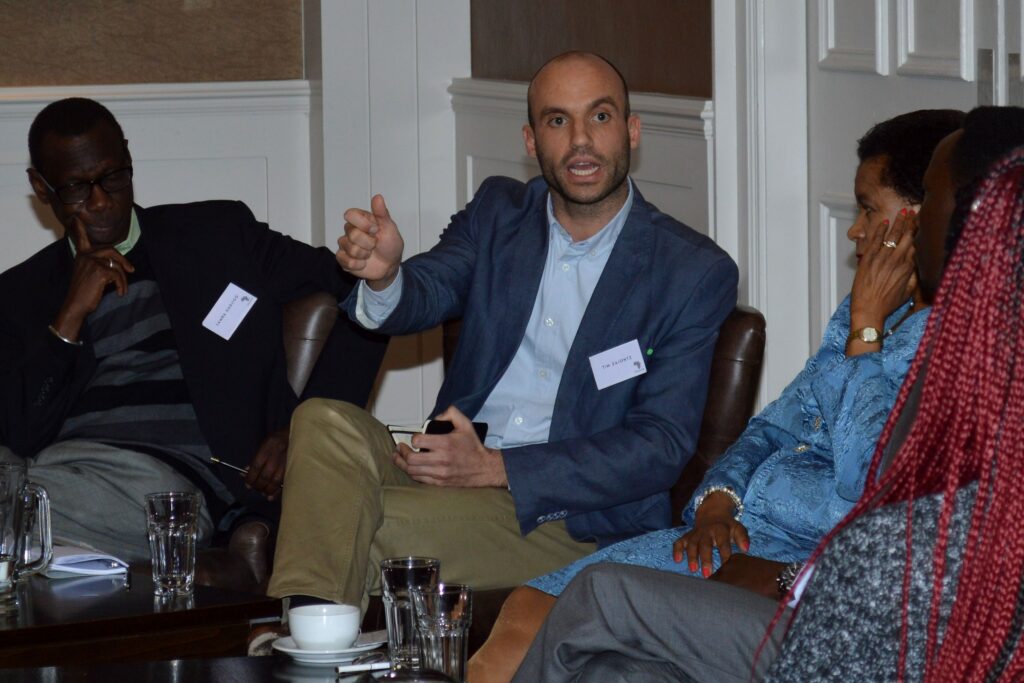
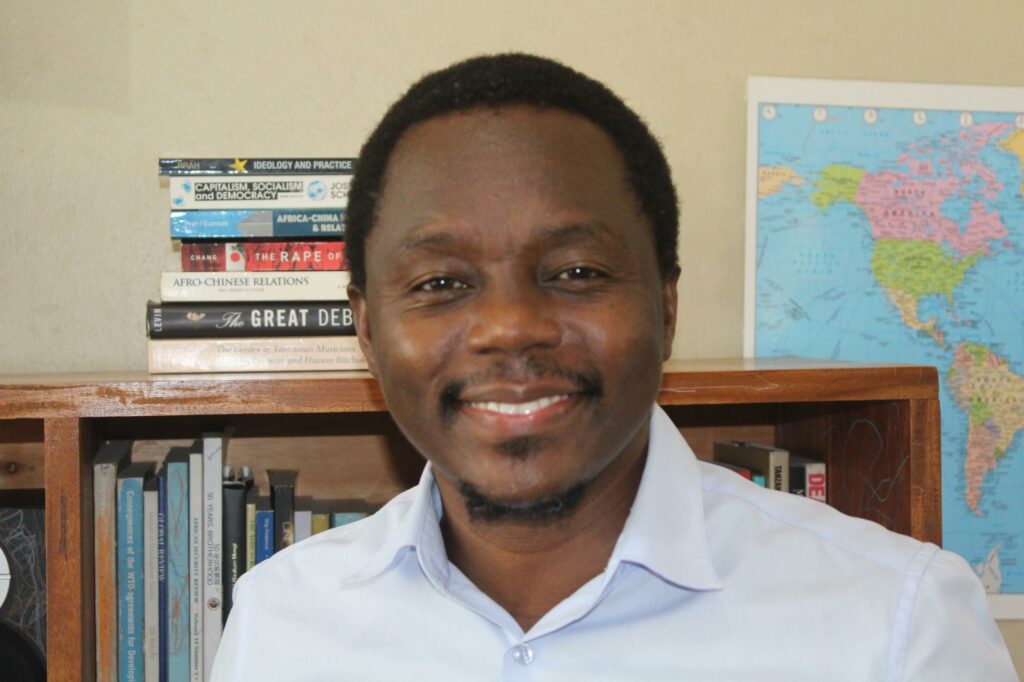
In this cooperation between a German and an East African university, the tandem partners will scrutinize the involvement of external stakeholders such as China, the European Union and the United States in East Africa. They strive to move away from Eurocentric theoretical models that shape the bulk of classical geopolitics literature and instead explore the potential of the Dar es Salaam school in conceptualizing geopolitical competition in East Africa within a de/colonial framework.

The working languages are English and Kiswahili. The project is part of the De/Coloniality Now research foci “De/Colonial Cultural and material extractivism, resistance and restitution” and “Newly emerging narratives and patterns of coloniality.”
Publications, Blog-Entries, Interviews
- Tim Zajontz and Muhidin Shangwe. 2024. “Contemporary Geopolitics-cum-Geoeconomics in East Africa“, in Z. Cope (ed.), The Palgrave Handbook of Contemporary Geopolitics, https://doi.org/10.1007/978-3-031-25399-7_15-1
- Muhidin Shangwe. „Opposing Dubai’s Presence in Dar es Salaam“, Rosa Luxemburg Stiftung, News, 11/20/2023.
- Interview, Tim Zajontz. Table.Media, Table Africa. 29. January 2024.
- Interview, Tim Zajontz. Table.Media, Table China. 30. January 2024.
The restitution of African cultural heritage is a hotly debated issue today. However, it is the premise of this project that the current state of the restitution issue leaves much to be desired, notably because only few items were actually returned. Moreover, current debates and research on the restitution of cultural heritage are heavily centered on material heritage and particularly on prominent artefacts seen as having a high cultural value, such as the Benin Bronzes.
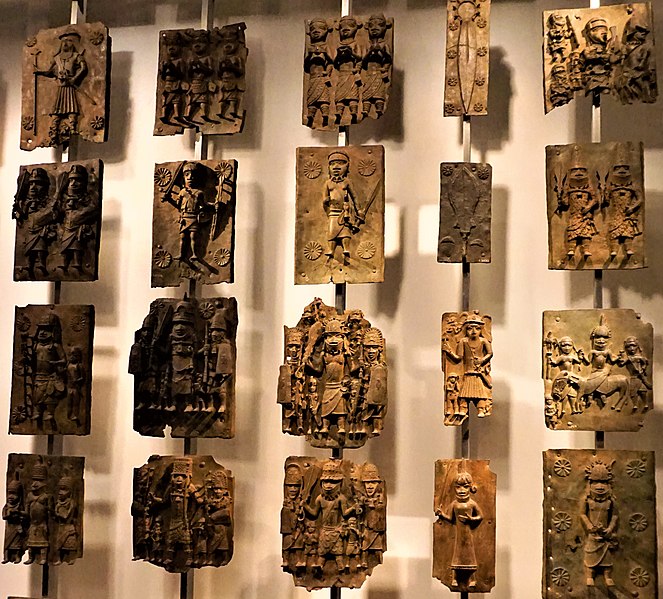
The project aims to fight this simplification by bringing together researchers from France, Ghana and Nigeria, working with academic institutions in Freiburg, who will rethink our understanding of restitution by going beyond the objects. This tandem is conducted by three persons from three countries: Richard Legay (Arnold Bergstraesser Institute, Freiburg), Rebecca Ohene-Asah (National Film and Television Institute, UniMAC, Ghana) and Zainab Musa Shallangwa (Freiburg Institute for Advanced Studies and University of Maiduguri, Nigeria).
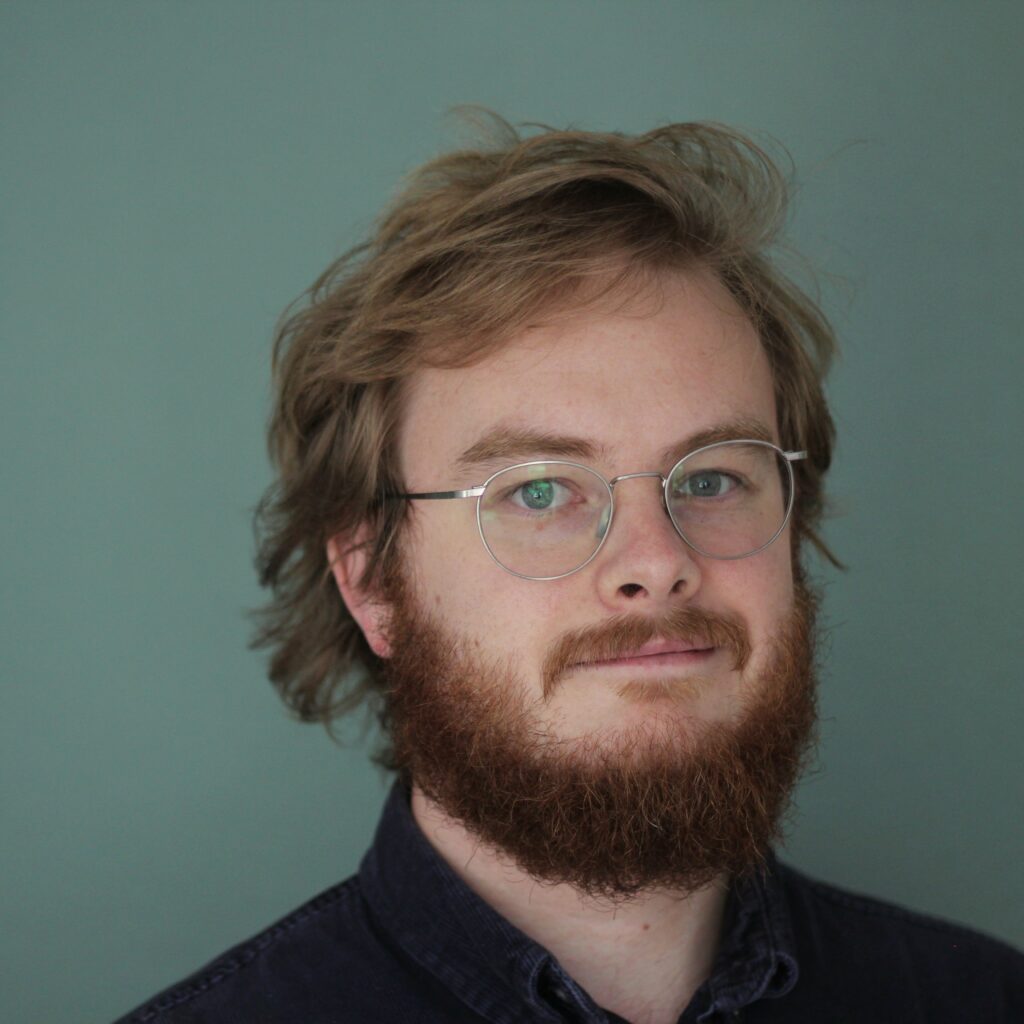
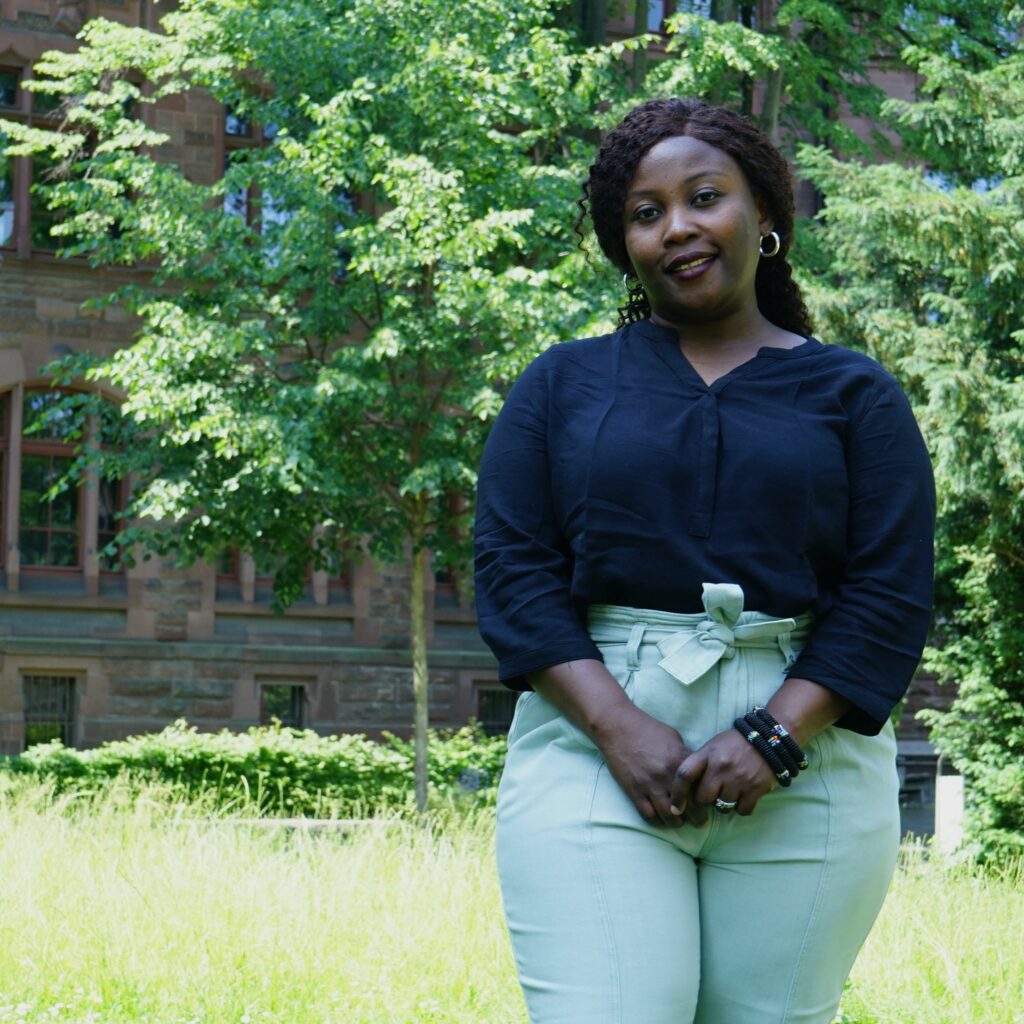
The team will examine and deconstruct narratives of restitution in France, Germany and Ghana; trace the immaterial African heritage kept in European museums, especially photographs and films; and explore local perceptions of the restitution issue in Benin City. The working language is English. The project is part of the De/Coloniality Now research focus “Cultural and material extractivism, resistance and restitution.”
SC-G MEMORIES is a reciprocal research project investigating into de/colonial remembrances of the entangled histories of Switzerland and Cameroon. For this project, Balz Andrea Alter (Africa Center for Transregional Research, University of Freiburg) and André Ottou Ottou (Université de Génève) will produce a series of pod-/videocasts.
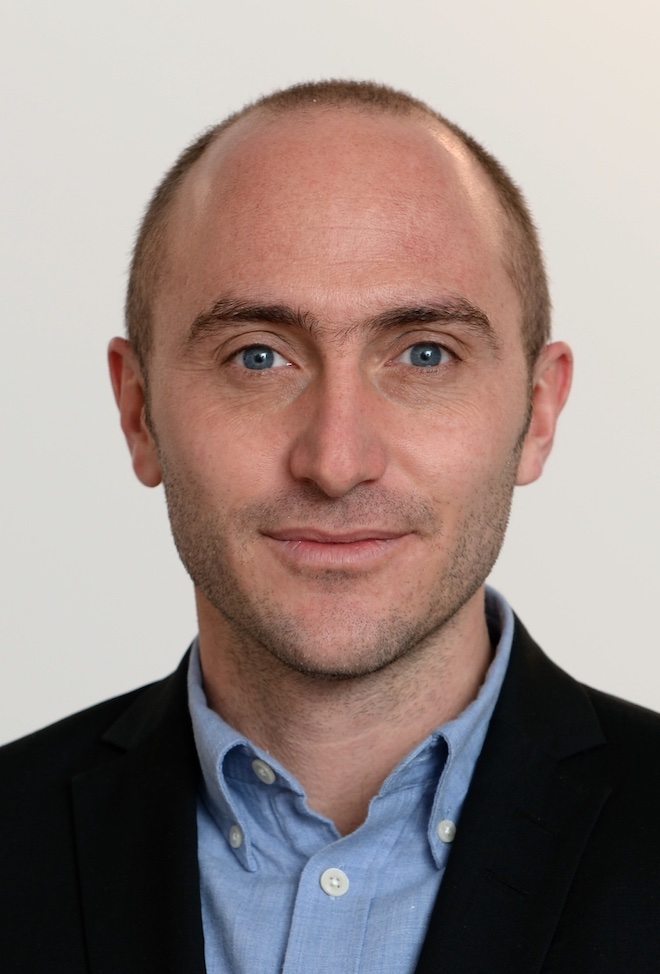
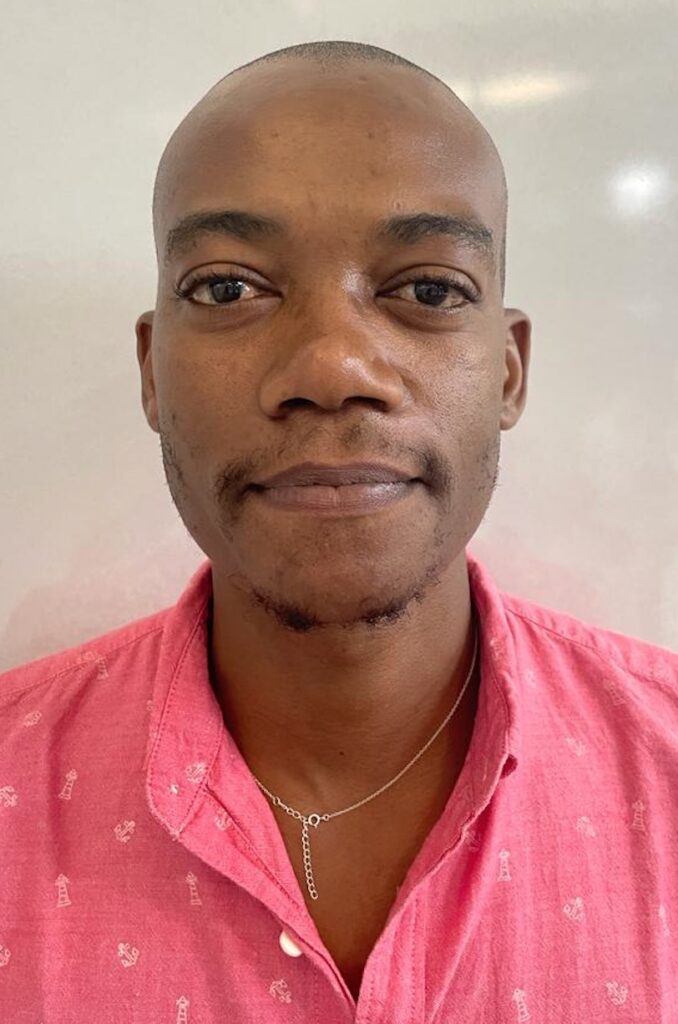
These pod- and videocasts will delve into oral histories in and around the Cameroonian diaspora of Geneva, starting with the murder of Cameroonian anticolonial resistance leader in Geneva on November 3, 1960. SC-G builds on an ongoing film and research project. Au Nom du Chef, the third of a film trilogy produced by Alter and Ottou, addresses the role of Switzerland, and Geneva in particular, as a hub of goods, ideas and people in the political entanglements of Europe and Africa.

The working languages are French and English. The project is part of the De/Coloniality Now research focus “De/Colonial Remembrance” and also addresses the research focus “Cultural and material extractivism, resistance and restitution.”
Previous and current projects and achievements
- Maria Sybilla Merian Institute for Advanced Studies in Africa (MIASA)
- Graduiertenkolleg 2571 “Imperien: Dynamischer Wandel, Temporalität und nachimperiale Ordnungen”, funded by German Research Foundation (DFG)
- SFB 948 “Helden – Heroisierungen – Heroismen”, funded by German Research Foundation (DFG)
- SFB 1015 “Muße”, funded by German Research Foundation (DFG)
- Deutsches Zentrum Kulturgutverluste: Reciprocal, Interdisciplinary, and Transparent: Provenance Research from the Perspective of Restitution in the Colonial Context
- Forschungskolleg “Neues Reisen – Neue Medien”, funded by VolkswagenStiftung
- Conference „Rethinking Europe from the Caribbean: Entanglements and Legacies“ 2018, funded by German Research Foundation (DFG)
- Conference “De-Linking: Critical Thought and Radical Politics” 2019, funded by Volkswagen Foundation
- ERC Grant “The Global Qur’an”
- BMBF Network Project „Postcolonial Hierarchies in Peace & Conflict“
- Graduiertenkolleg 1956 “Kulturtransfer und ‚kulturelle Identität‘ – Deutsch-russische Kontakte im europäischen Kontext”, funded by German Research Foundation (DFG)
- Emmy Noether Research Group “Renewable Energies, Renewed Authoritarianisms? The Political Economy of Solar Energy in the Middle East and North Africa (MENA)”, funded by German Research Foundation (DFG)
- Research project “West African English on the Move: New Forms of English as a Lingua Franca in Germany”, funded by German Research Foundation (DFG)
- Research project “Marketization of sand in Cambodia: global networks, conflicts and materialities”, funded by German Research Foundation (DFG)
- Research project “Rusyn as a minority language across state borders: quantitative perspectives”, funded by German Research Foundation (DFG)
- Research project “Promises of Democratic Connection. The Politics of Transregional Energy Infrastructure Expansion”, funded by Thyssen Foundation
- Research project “Displacement in Africa”, funded by German Foundation for Peace Research
- Forschungsstelle “Frieden und Versöhnung (in Burundi und im Afrika der Großen Seen)”, funded by Stiftung Entwicklungs-Zusammenarbeit Baden-Württemberg and Erzbischof-Hermann-Stiftung
- Research Project “Emergent Remembering II. Saying the Unsayable” 2023-2026, funded by German Research Foundation (DFG) and Swiss National Science Foundation (SNF)
Enabling Structures
- ACT: The Africa Centre for Transregional Research
- Arnold Bergsträsser Institute for Socio-Cultural Research
- Center for Transcultural Asian Studies
- Hermann-Paul-Centrum für Linguistik
- Global Studies Program (GSP)
- Mittelalterzentrum
Events
- 05.07.2024: “The History of Persecution and the Civil Rights Movement of Sinti and Roma in Germany” by Franz-Elias Schneck
- 21.06.2024: Guest Lecture: “The Optics of Land Acknowledgement: Lenape (Delaware) Belongings in German Collections“ by Prof. Dr. Suzanne Akbari (IAS Princeton, USA)
- 12.06.2024: Buchvorstellung und Diskussion: „Menschen ohne Geschichte sind Staub. Queeres Verlangen im Holocaust“ by Dr. Anna Hájková.
- 20.2.2024-21.5.2024: Online talk series „Coloniality and decoloniality in translation“
- 2023: Collaborative Lecture Series: “2023 Philosophies in the Islamic World: Then and Now”
- 11.12.2023: De/Coloniality Now Guest Lecture in cooperation with Department of Slavic Studies: “Decolonization after Postcolonialism?” by Dirk Uffelmann
- 14.11.2023-6.2.2024: Vortragsreihe und Podiumsdiskussion: “Forschungspraktiken erforschen-Zur kritischen Reflexion akademischer Wissensproduktion”
- 27.10.2023: 9th Cassidy-Le Page Distinguished Lecture in Celebration of International Creole Day: “English-Lexifier Pidgins/Creoles: A World Languages Perspective” by Christian Mair [Video]
- 19.10.2023: De/Coloniality Now Guest Lecture: Sunnie Rucker-Chang: “The ‘Perpetual Foreigner’ in Serbia: On Being Marked and Unmarked in a ‘Raceless’ State”
- 18.9.2023: Lesung und Diskussion mit Charlotte Wiedemann: “Den Schmerz der Anderen Begreifen”
- 13.7.2023: De/Coloniality Now Guest Lecture: Jie-Hyun Lim: “Global Easts as a Problem Space”
- 16.6.2023: SDG Hochschultag an der Universität Freiburg
- 7.6.2023: Symposium “Linguistic Perspectives on/from Africa“
- 1.-2.6.2023: Workshop: „Wie weiter mit der politischen Epistemologie? Postkoloniale, feministische, kritische und analytische Erkenntnistheorie im Dialog“
- 17.5.2023: „Der vermessene Mensch“ – panel discussion after the film, organised by Badische Zeitung, with Deogratias Maruhikiro /Andreas Mehler
- 11.5.2023: Decolonial Dialogues: Restitution as an End or Starting Point. What Happens after Restitution?(Heinrich Böll-Stiftung) u.a. with Andreas Mehler
- 9.5.2023-7.12.2023: ALMA Lecture Series 2023: “Postcolonial Hierarchies & their Contestation from the Global South”
- 9.5.2023: ALMA Lecture Series/Public Lecture: Rafeef Ziadah:
Arabian Peninsula – Hierarchies and Resistance, ABI in Cooperation with „Hierarchies“ Project - 5.5.2023: Book Presentation and Discussion:
“Hostile Homelands: The New Alliance between India and Israel” by Azad Essa - 2.5.2023: Freiburger Afrikagespräch Erinnerungskultur und öffentlicher Raum, with Nadine Seidu, Markus Tauschek (Moderation Andreas Mehler)
- 29.10.2022: Symposium: Burundi und seine koloniale Vergangenheit, Institut für Caritas-Wissenschaften, SEZ (mit Deogratias Maruhikiro, Klaus Baumann, Andreas Mehler)
- 21./22.10.2022: Tagung (Katholische Akademie, Heinrich-Böll-Stiftung, ABI, Institut für Soziologie): Dekolonisierung – Postimperiale Perspektiven einer globalisierten Welt (with Manuela Boatca, Andreas Mehler)
- 18.10.2022: Freiburger Afrika-Gespräch: Freiburg und Kolonialismus: Reicht eine Ausstellung?, Podiumsdiskussion mit Beatrix Hofmann-Ihde und Albert Gouaffo (Moderation Andreas Mehler)
- 5.10.2022: Hybrid Lecture by Prof. Dr. Paul Basu: Colonial Heritage and Knowledge Production in Conflict, BMBF Network Project Post-colonial Hierarchies in Peace and Conflict (Moderation Andreas Mehler)
- 30.6.-14.7.2022: Lecture Series Africans on the move: Critical Reflections on Mobility, Citizenship and Belonging, ABI/AMMODI (Franzisca Zanker)
- 7.-10.6.2022: VAD International Conference organised by ACT: Africa-Europa: Reciprocal Perspectives
- 30.5.2022: Book presentation:
“The Integration Nation: Immigration and Colonial Power in Liberal Democracies by Prof. Adrian Favell” - 27.4.2022: Landeszentrale für politische Bildung (Außenstelle Freiburg)/Colloquium Politicum – Vortrag von Heiko Wegmann: Kolonialismus ausstellen (Moderation Andreas Mehler)
- 26./27.4.2022: International conference Provenance Research with a Restitution Perspective, ABI (funded by German Lost Arts Foundation) re. Alexander Ecker Collection at Freiburg University. Policy recommendations (available) were handed over to the rector and a representative of the relevant ministry
- 15.-18.3.2022: Point Sud workshop (DFG-funded) in Acrra: Speaking back to Theory: Africanist Migration Research beyond the Categories. Co-applicant Franzisca Zanker
- 29.10.2021: Sabelo J. Ndlovu-Gatsheni (Bayreuth): Cognitive Imperialism in African Studies: Reflections on Decolonial Turns







